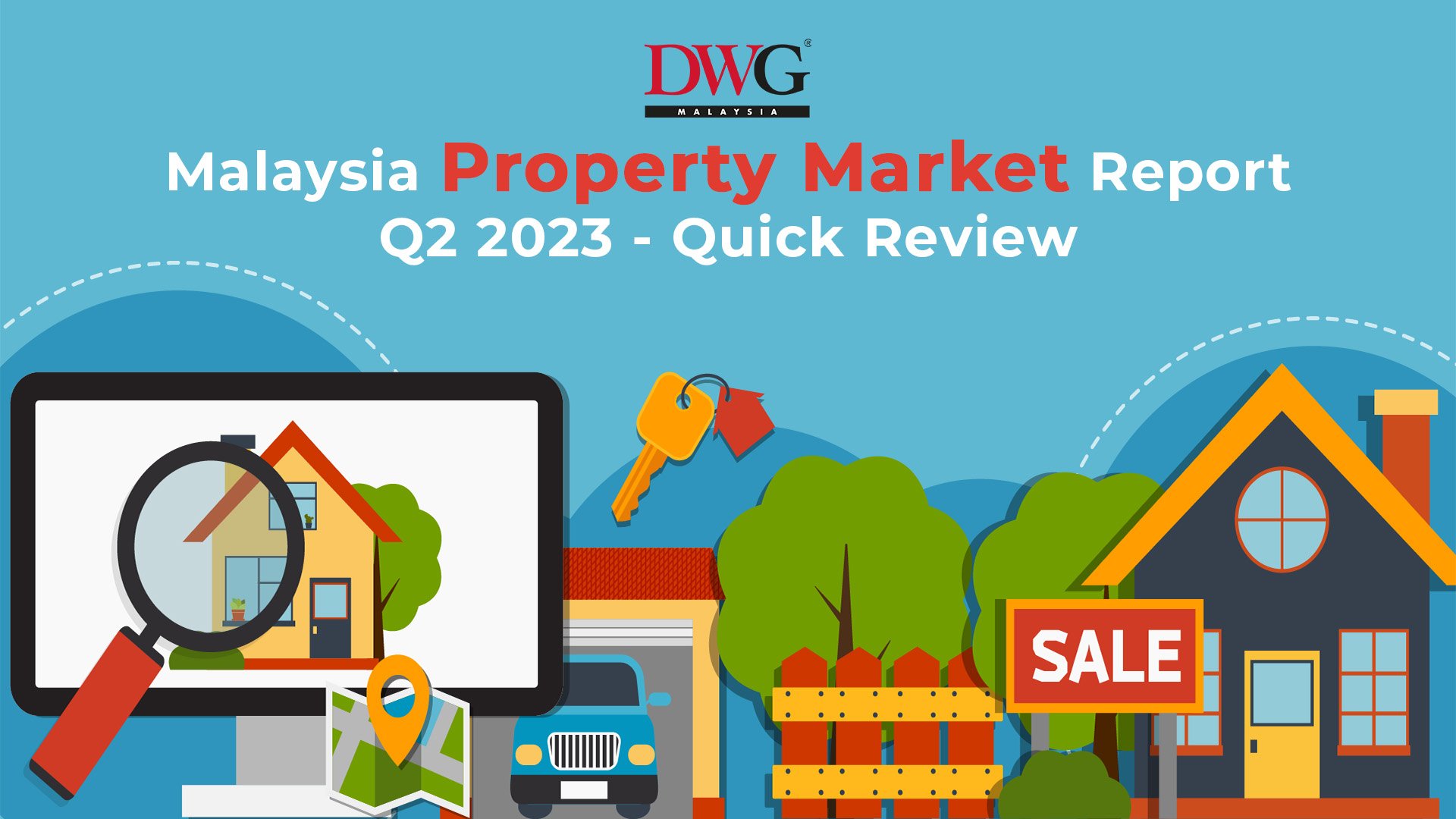Singapore's 60% Property Tax News: Why is it happening and does it affect Malaysia's Property Market?
SINGAPORE - 26 APRIL 2023
Singapore's recent move to increase property taxes for foreign buyers, particularly wealthy property investors, reflects policymakers' growing awareness of the rising influx of money into the country. While these higher tax rates may not immediately cool home prices, the measures demonstrate the government's proactive approach to addressing concerns about wealth inequality and increasing foreign investments.
Will the government be able to strike a balance between attracting foreign buyers and safeguarding the interests of local residents? More importantly, how would the new tax policies and their potential impact on the property market in Singapore, and does it affect Malaysia’s property market considering our proximity being just a bridge away?
What’s the news? Additional Buyer's Stamp Duties (ABSD)
Starting from 27 April 2023, Foreign buyers will now face a 60% tax on residential purchases while using entities or trusts incurs a higher rate of 65% to prevent loopholes around the policy. Furthermore, permanent residents and citizens purchasing their second residential property will also face increased taxes. These additional buyer's stamp duties (ABSD) are meant to complement the existing tax structure, the Buyer’s Stamp Duty (BSD), and aim to manage the influx of foreign investment.
Additional Information:
For Singapore Citizens:
For Singaporeans purchasing their second residential property, the ABSD has increased by 3% to 20%.
For those buying their third and any subsequent properties, the tax rate has been raised to 30% from the previous 25%.
For Singapore Permanent Residents (PRs):
PRs buying their second residential property will now face a 30% ABSD, an increase from the previous rate of 25%.
For PRs purchasing their third and subsequent properties, the tax rate has been raised to 35% from the previous 30%.
Why is it happening? Addressing Local Concerns
This initiative came about in response to the surge of ultra-wealthy investors relocating to Singapore, driven by pandemic restrictions in their home countries. This eventually raised concerns about inflation and ultimately led to a widening wealth gap.
The timing of this initiative is possibly influenced by the preceding general election, which factors in the importance of housing as a significant issue in Singapore. The government's decision to raise taxes on higher-value properties demonstrates their commitment to managing the housing market by increasing the threshold for foreign investors seeking permanent-resident status and addressing local concerns.
Who’s Affected? Impact on Singapore's Property Market
Despite a global slowdown, such as markets in Hong Kong to London cooling, Singapore's property market continues to defy the trend, with prices on a rising trend of 5% in 2023 after gaining 3.2% in the first quarter, according to Bloomberg Intelligence.
According to PropNex Realty and official data, the mass market is unlikely to be significantly affected, as foreigners accounted for only 4.4% of private home sales in the previous year. The government stated policy changes would affect about 10% of residential property transactions. However, industry experts forecast properties in the S$6 million ($4.5 million) and higher categories translating to an ABSD of S$3.6 million ($2.7 million) may experience a more pronounced impact.
How does it matter? Possible Impact on Malaysia’s Property Market
While it is important to note that the actual impact on the Malaysia property market would depend on various factors, including the attractiveness of Malaysia as an investment destination, market conditions, government policies, and investor preferences, here are a few things that may happen:
Diversion of Investment
Suppose Singapore's property tax measures target wealthy property investors. In that case, it may lead to a diversion of investment from Singapore to other countries, including Malaysia (since we’re geographically just next to it). As mentioned previously, S$3.6 million ($2.7 million) of ABSD alone can fetch multiple luxury properties in Malaysia. Some investors who would have considered Singapore for property investments may redirect their focus towards the Malaysia property market instead.
Increased Demand in Malaysia
The shift of investment focus from Singapore to Malaysia opens up exciting possibilities for the Malaysian property market. As investors redirect their attention to Malaysia, the resulting surge in demand has the potential to impact property prices in specific regions or property categories positively. However, the impact may be more relevant in the luxury property market, as Malaysia has implemented its measures to manage foreign investment.
Boost for Malaysia's Property Market
The increased investment from foreign investors could boost Malaysia's property market. It may stimulate construction activities, create job opportunities, and contribute to economic growth.
Conclusion:
Singapore's decision to double property taxes for wealthy international property investors showcases the government's responsiveness to the changing dynamics of its real estate market. While the impact on the property market will unfold over time like some sources report rents soaring as much as 30% to 50% in recent months, the ongoing demand will be closely monitored as Singapore navigates toward a stable and sustainable real estate landscape.
With all of this happening just right by our borders, what will Malaysia do?
References:





